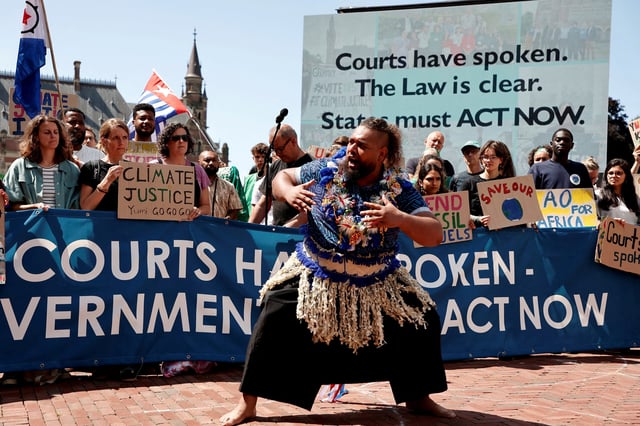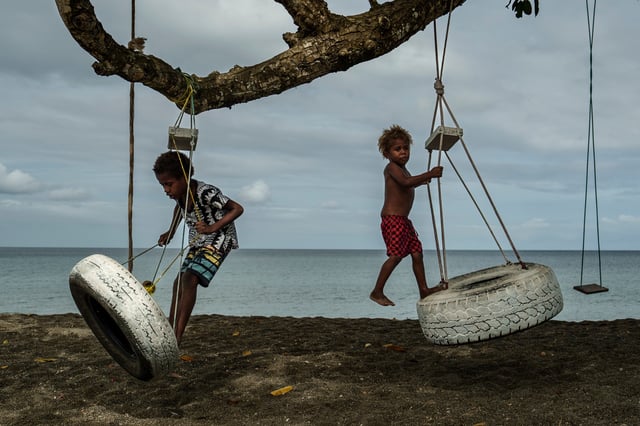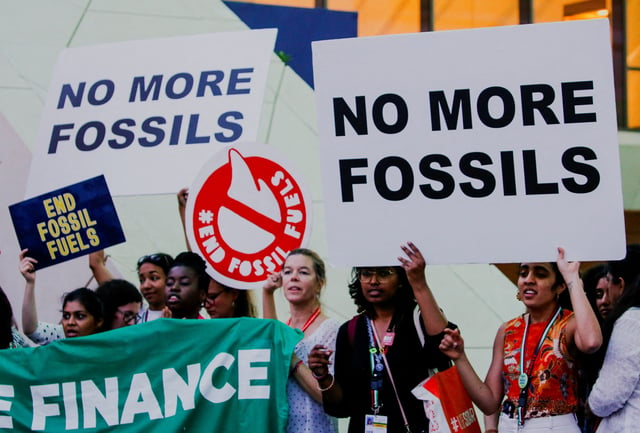Overview
- The ICJ unanimously ruled on July 23 that governments’ failure to reduce greenhouse gas emissions and to regulate private actors may constitute internationally wrongful acts under both treaty and customary international law.
- It affirmed that treaties such as the 2015 Paris Agreement are legally binding and that states granting fossil fuel exploration licenses and subsidies must provide monetary reparations and restore damaged infrastructure.
- Lawyers have already cited the opinion in Ireland’s Supreme Court during a windfarm permit dispute and in an upcoming Dutch Bonaire v. Netherlands case challenging that country’s climate plan.
- NGOs including Greenpeace Netherlands and Notre Affaire à Tous are preparing suits against governments and energy companies based on the ruling’s standards for state liability and reparations.
- Legal scholars predict the advisory will catalyze domestic litigation, inter-state claims and enforcement of the 1.5°C Paris Agreement target as an enforceable standard grounded in customary environmental duties.



